As coronavirus continues to disrupt daily life, leaving Americans uncertain of the future, you don’t have to feel helpless during this pandemic. In fact, now is a great time to be proactive and plan ahead should you or a loved one fall ill. One of the most important and relatively easy things you can do is to select a healthcare agent and prepare an advance health care directive.
What is a healthcare agent?
A healthcare agent (also referred to as a healthcare surrogate, a healthcare proxy, a medical agent, or a medical proxy) is a person you authorize in an advance health care directive or a medical power of attorney to make decisions regarding your medical care if you should become unable to communicate your wishes yourself.
Why is it important to choose a healthcare agent now?
As of October 13th, in the United States, there are approximately 8+ million total cases of coronavirus and nearly 220,000+ deaths. Even if contract the virus, you will most likely have mild symptoms and recover. However, no one knows exactly how they will be affected by the virus, or any illness for that matter, therefore it is best to plan for the worst and hope for the best. Part of that planning is making sure someone can make healthcare decisions for you if you fall ill and are unable to make those decisions for yourself.
Factors to Consider in Choosing Your Healthcare Agent
Healthcare agents serve an important purpose. The person you choose will have the power to make critical healthcare decisions such as: consenting to a treatment plan; deciding whether to accept or refuse medical treatment; and which healthcare providers or hospitals to use for your care. As a result, it is crucial to think carefully about who you appoint to this role. Many people simply assume that their spouse or oldest child should take on this role, but these individuals may not always the best suited.
Here are some factors to consider when selecting an agent:
1. Emotional maturity. People handle stress differently, and not everyone is able to set aside their emotions and make level-headed decisions when someone they love is suffering. In addition, some people are simply not assertive enough to act as a strong advocate in the face of differing opinions of other family members—or even health care providers—who suggest a treatment plan you have informed your healthcare agent you do not want. You should appoint someone who is able to think rationally in emotionally difficult circumstances, even if that means you must look outside of your family to find the best person for the job.
2. Location/Proximity. The person you appoint to act as your healthcare agent should be someone who lives close by and is able to act on your behalf very quickly in the event of a medical emergency or if you need your advocate to serve in that role for an extended time period. In current times, many people might be under a mandatory or recommended stay-at-home order, or may not be available or willing to travel to another city or state. Consider naming alternate agents to account for someone’s potential unavailability.
3. Willingness to serve. Acting as a healthcare agent can be a time-consuming and emotionally draining job. Make sure that the person you appoint is willing and able to set aside the time necessary to serve as your patient advocate. Don’t just assume the person you want to be your healthcare agent is willing. Be proactive and ask if he or she is willing to take on that role. Keep in mind that if you are elderly, you may want to avoid naming a friend or family member who also is older, as there is a greater chance that they will experience mental or physical decline before or at the same time as you, which could impede their ability to serve as your agent when the time comes.
4. Will honor your wishes no matter what. Your healthcare agent has a duty to make decisions on your behalf that you would have made to the extent that he or she is aware of your wishes. This is the case even if your healthcare agent disagrees with your choices. As a result, your healthcare agent needs to be someone who is willing to set aside his or her own opinions and wishes to carry out yours. It may be prudent to appoint someone who has values and religious beliefs that are similar to yours to reduce the instances in which your agent’s opinions may differ significantly from yours. DO NOT appoint anyone that you do not trust to carry out your wishes.
People You Should Not Choose
Many states have laws prohibiting certain people from acting as your healthcare agent, even if they are otherwise well-qualified to act in the role:
1. Minors.
Many states have laws expressly prohibiting a minor from being a patient advocate. The age of majority in most states is 18.** Some states have exceptions to this prohibition for married or emancipated minors.
2. Your health care providers. Some states not only prohibit your health care providers from acting as your healthcare agent, but also preclude the owner, operator, or any employee of any facility in which you are a patient or resident from acting in that role. Some states that have adopted this prohibition make an exception for individuals who are related to you. A few states, such as Kansas, Missouri, and Kentucky, also have an exception if that person is an active member of the same religious organization as you.
Advance health care directives may be among the most important legal documents you prepare—especially in light of the current pandemic. Picking a healthcare agent can be tricky and you should think through your choice carefully.
We can help guide you through the process of choosing a healthcare agent and assist with any of your other estate planning needs—whether you need to create or update a financial power of attorney, last will and testament, or a trust. Give us a call today to discuss how we can help you and your family be prepared and maintain some peace of mind.
** The age of majority in Alabama and Nebraska is 19 and in Mississippi the age of majority is 21.


